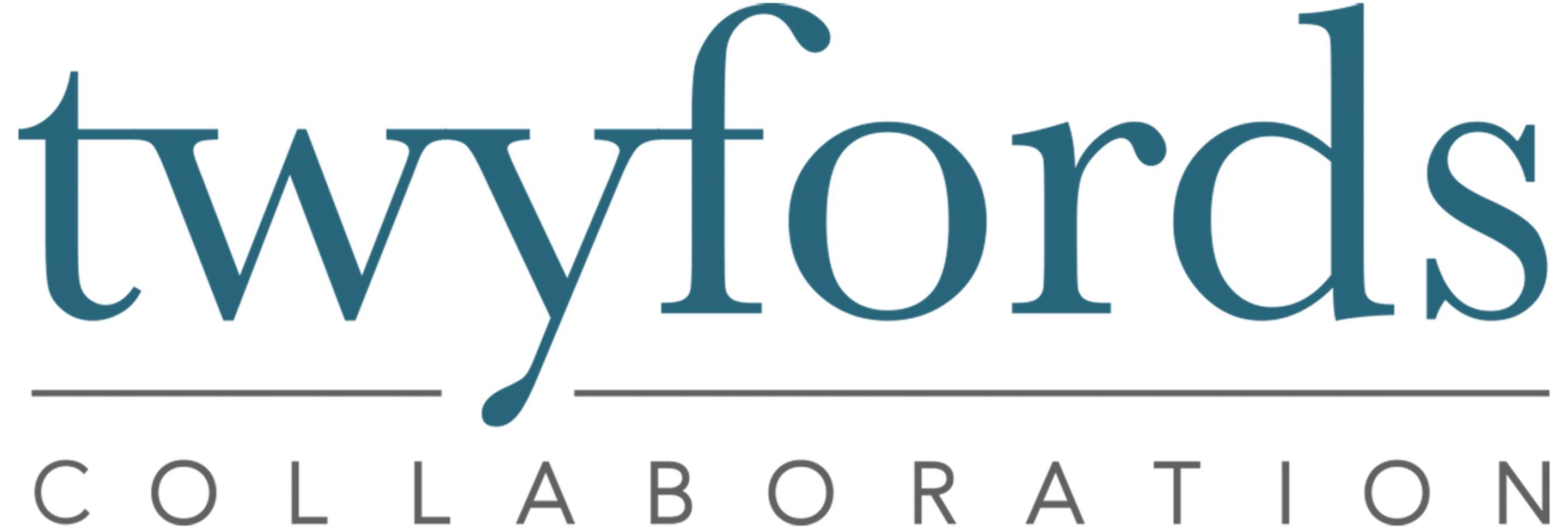One thing is certain … collaboration will take you into uncertainty. You start on the collaborative journey full of enthusiasm and energy. “This is exciting,” you say to yourself and your new colleagues on the collaborative journey. “We can learn to work together and we can achieve things that none of us could have achieved on our own! Let’s get started!”
But someplace and sometime on the collaborative journey, the group or individuals within it will say “I don’t know what to do next!”
Sometimes this happens because the way forward, which looked like a clear road ahead in the collaboration guidebook, becomes narrower and full of thorny disagreements. People who seemed initially very committed to working together seem to argue over small things. There are differences of opinion that seem irreconcilable. Meetings descend into arguments about personal opinions rather than opportunities to share and explore diverse perspectives.
Here are a few thoughts about how to move forward when you and your group just don’t know what to do next on the collaborative journey.
A road map or a set of handrails can help
It doesn’t matter what map or model of collaboration you’ve chosen, when things get tough ask questions. What does the model suggest as a next step? Where might the group need to backtrack? What principles of collaboration, if applied in this situation, might overcome a roadblock? What questions or activities might take the group out of their messy arguments into a space of shared exploration.
Share your concerns about what to do next and find a solution ‘with’ your collaborators
When you’re not sure what to do next, ask the group for suggestions. Let go of your need to manage, and be willing to say “I don’t know, I need your help.” Invite conversations in pairs or small groups, encourage suggestions and thinking together. Explore the assumptions collaborators have about each other and the problem they need to tackle. Document the outcomes of the conversations. Use the data to make decisions together. Collaboration requires practice – so keep practicing.
Try something active
Next time you meet, try an investigative activity. Ask your group what would be helpful for them right now. Would a walkabout or a site visit create a shared experience to build positive relationships? Perhaps exploring new and unfamiliar spaces would make it easier for people to express their vulnerabilities and learn from others. Perhaps being physically active would stimulate their ability to think and act together. Ask whether meeting in a different space might change the dynamics and help you all to move forward.
Test a hypothesis
Run a small but do-able experiment to help the group focus on something practical and provide a sense of achievement and learning. For example, establish your hypothesis that, if your collaborative group could design and run its own meeting instead of ceding responsibility to a facilitator, it would learn something useful about collaboration. Then run the experiment and check whether the hypothesis is correct. Check that what the group is learning through its experiments is moving it in the direction it needs to go.
Look for articles and books, conferences and speakers
Research what other people have done in similar situations of not knowing what to do. Ask whether anyone in the group has read a book or article about collaboration or been to a conference or event where someone gave useful advice? Ask for a 2-minute summary of what they learned and ask the group what suggestions arise.
Just do something concrete – something practical rather than theoretical
Sometimes it helps to ask your group to do something meaningful from which they learn together. Identify a right-sized but real-world problem, associated with the collaboration, that moves the group closer to its ultimate goal. Work out a way to solve it together. Have at least one member of the group watch the process used to solve it and have them report back on what was done and how the group worked together. Learning through doing is powerful and builds trust.
Accept the consequences of whatever the group has done.
Try any of these suggestions and own whatever results you get. Learn from them and move on. Don’t be burdened by regret or a sense of making the wrong choice. There is no wrong choice. Fail forward. Learn from every experience including mistakes. And move on to the next choice.
When you don’t know what to do … try something!
